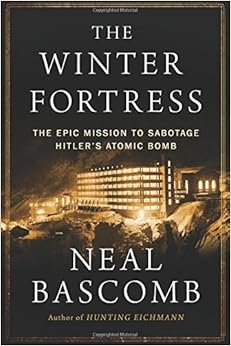Hmm, then you're including The Cleric Quintet and some other books not about Drizzt?
No, there are 33 books listed on Wikipedia.
Hmm, then you're including The Cleric Quintet and some other books not about Drizzt?


Seveneves by Neal Stephenson. I like the story, but I'm finding the reams of technical descriptions make my eyes glaze over. I don't know whether I'll make it to the end.
^Even the cover looks dangerously boring
Livy's history of Rome, book 6. You might think it's nice to read the history of the first half of the 300s B.C., and a nice way to get away from the problems of the present day. But on the domestic front, the problems of early Republican Rome had more than a fair amount of similarities to today. Very large income inequality fueling civil unrest? Check. The government offices being dominated by the most well-to-do citizens? Check. Power-hungry aristocrats seeking the most powerful offices in the land via stroking the commoners' anxieties to propel them to power? Check again.
Methland

What the F is wrong with Republicans ?
The solution to solving this Meth epidemic was nearly 20 years ago when they developed new pain medicine which could not be cooked into Meth. Instead of pushing for pharama to replace suodophiran (sp ?) replacement with a safe alternative. Stupid Republicans just attack the messengers who trying to raise the alarm bells about a long standing Rual meth drug culture. /facepalm what the hell ?
^Even the cover looks dangerously boring
Recently finished The Trial (re-read), about to finish the Castle (re-read)
"The Man Without Qualities".
ey what'ya think about itRecently finished The Trial (re-read),
ey what'ya think about it
